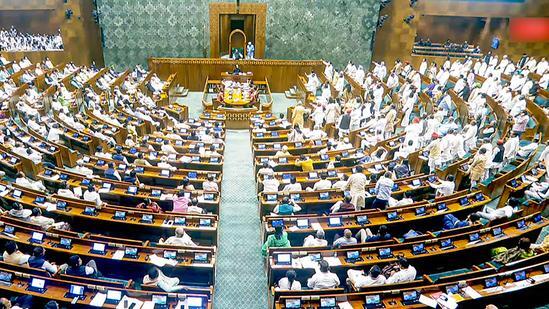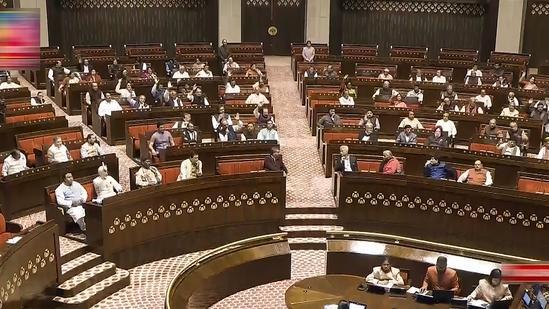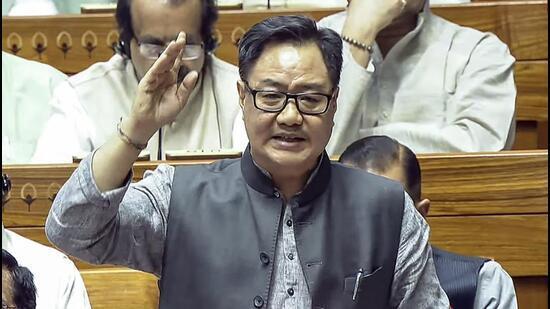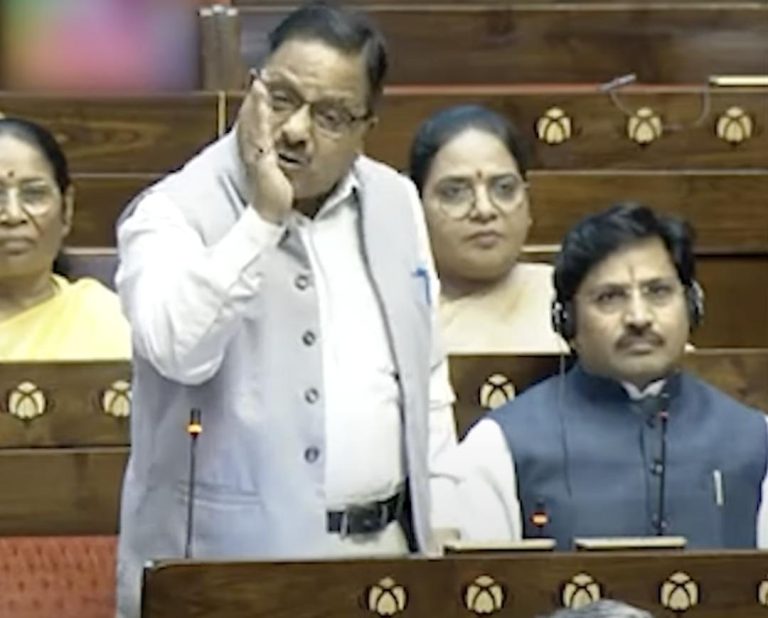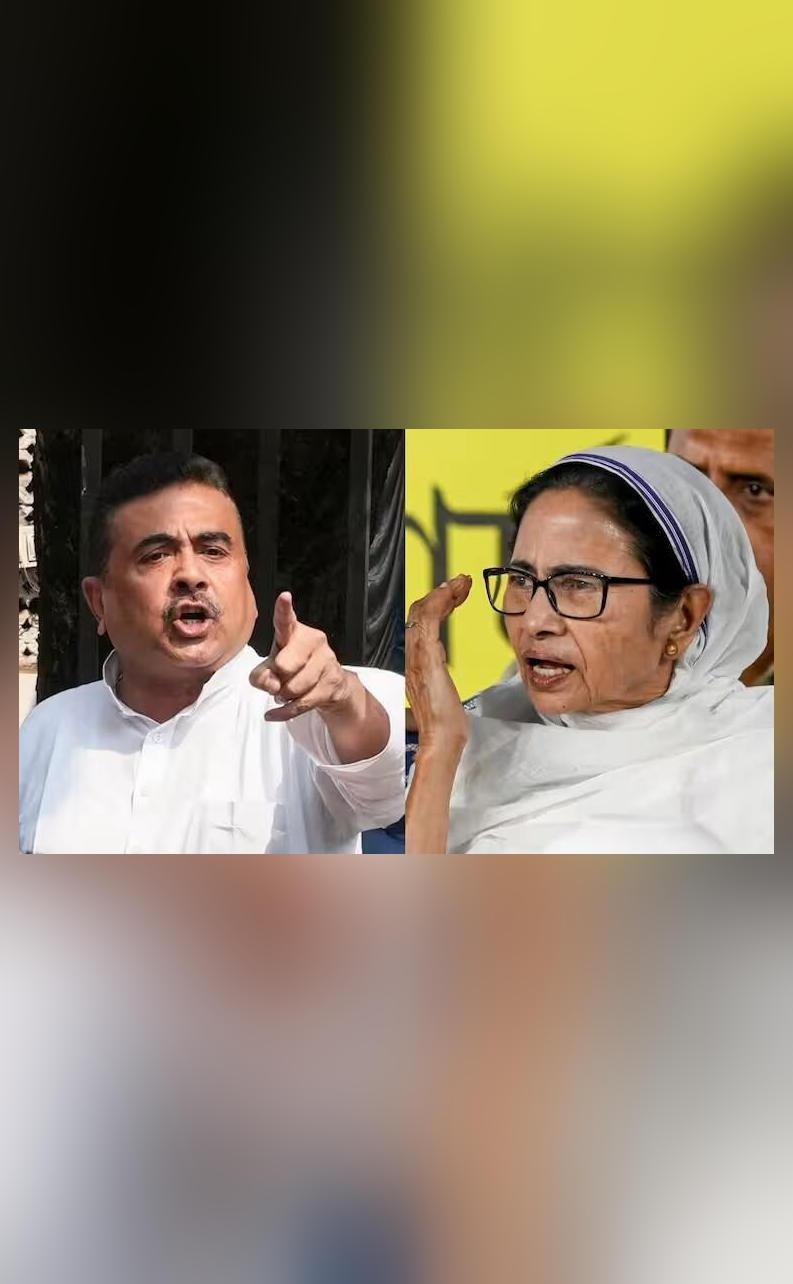
I Don’t Follow Gandha Dharam Made by BJP, Says Mamata; Criticised
In a recent statement that has sparked controversy, West Bengal Chief Minister Mamata Banerjee accused the Bharatiya Janata Party (BJP) of engaging in “jumla politics” and not following the “ganda dharam” created by them. The statement was made while addressing an Eid prayers event in Kolkata, where Mamata expressed her disapproval of the BJP’s actions.
However, the BJP did not take kindly to Mamata’s comments, with senior leader Suvendu Adhikari questioning which religion she was referring to as “ganda” (dirty). This has led to a heated debate between the two parties, with each side accusing the other of making provocative statements.
Mamata’s statement was made in the context of the ongoing political rivalry between the TMC (Trinamool Congress) and the BJP. The BJP has been trying to gain a foothold in West Bengal, which has historically been a strong bastion of the Left Front and the TMC. Mamata’s statement was seen as a attempt to criticize the BJP’s political tactics and to rally her party’s supporters.
The term “ganda dharam” is a Hindi phrase that roughly translates to “dirty religion” or “corrupt faith”. It is unclear what specific religion Mamata was referring to, but Suvendu Adhikari, the senior BJP leader, interpreted her statement as a reference to Sanatan Hindu Dharma, or the traditional Hindu faith.
Adhikari’s response was swift and sharp, with him questioning Mamata’s intentions and accusing her of trying to divide the people of West Bengal along religious lines. “Which religion are you calling ‘ganda’ (dirty)? Was it Sanatan Hindu Dharma?” Adhikari asked.
This is not the first time that Mamata and the BJP have clashed on religious issues. In the past, Mamata has faced criticism from the BJP and other right-wing groups for her perceived attempts to appease the Muslim community. The BJP has consistently accused Mamata of trying to polarize the electorate along religious lines, a charge that she denies.
The controversy surrounding Mamata’s statement has also led to a debate about the role of religion in Indian politics. The BJP has long been accused of using religious issues to divide the electorate and gain political advantage. Critics argue that this approach is not only divisive but also undermines India’s secular ethos.
On the other hand, some argue that the BJP’s emphasis on Hindutva, or Hindu nationalism, is a legitimate expression of Indian culture and identity. They argue that the BJP’s attempts to promote Hindu values and practices are not necessarily divisive, but rather a way of promoting a sense of national unity and pride.
The controversy surrounding Mamata’s statement has also highlighted the political challenges facing the TMC in West Bengal. The party has been facing a surge in popularity from the BJP, particularly among the Hindu electorate. Mamata’s statement was seen as an attempt to rally her party’s supporters and to counter the BJP’s claims of being the champion of Hindu interests.
In conclusion, the controversy surrounding Mamata’s statement highlights the ongoing political rivalry between the TMC and the BJP in West Bengal. While Mamata’s statement was intended to criticize the BJP’s political tactics, it has been interpreted by some as a provocative attack on Hinduism. The debate surrounding the statement has also highlighted the complex and contentious issue of religion in Indian politics.
